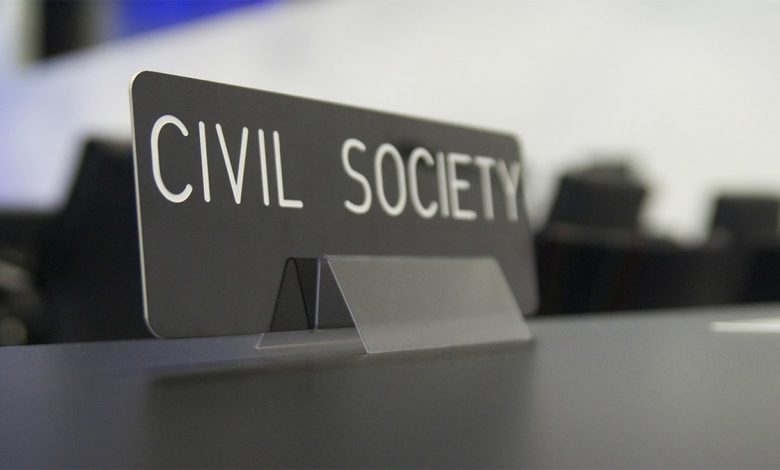COVID-19: Civil Societies Pressure FG Over Protection Of Poor Nigerians

How will the poor be protected during COVID-19 lockdown? At least 25 civil organisations and individuals have expressed their displeasure over the government’s failure to implement an action plan that prioritises the lives of the poor.
Although President Muhammadu Buhari, on Sunday, announced that conditional cash transfers would be made to the vulnerable, there is no evidence of receipt by citizens till date.
On Tuesday, the groups unanimously expressed growing concerns over how the poor would survive the lockdown. Organised across the six geopolitical zones, they have united as an unwavering voice in a time of increased uncertainty.
In a statement shared with HumAngle, the coalition unveiled a project tagged, “Action Programme—How The Poor Will Survive COVID-19.”
The coalition includes African Action Congress, The Centre for Labour Studies, Nigerian Human Rights Committee, and People’s Alternative Front and about 20 other groups.
They outlined a list of recommendations for the government to effectively weather the coronavirus pandemic.
The representatives explained that simply instituting a lockdown is not enough to address the structural needs for masses of people already living in substandard conditions.
“We have a particular duty to safeguard those who are most vulnerable, those who are already living with hunger, weakened immune systems and poor access to healthcare.
“Greater restrictions and shutdowns may be necessary, but they will only work if full support is provided to working-class and poor communities,” they said.
The Action Programme outlines key areas the government must invest in to support the poor in this time of crisis. These include income security for all, access to clean water and sanitation, and earmarking private facilities for public use.
Each respective area covers aspects of insecurity and welfare in serious need of attention during the lockdown – domestic violence, lack of data, unsanitary conditions, potential starvation, financial instability, and homelessness, to name a few.
“How each of us responds to the COVID-19 pandemic will determine who we are as a society. The better we respond now, the better we will be after the pandemic.
“We must follow international best practice and the science that we have available to us to build an assertive response that works for the context of our own history and society.
“Our response must be just, equitable, and redistributive if we are to meet the needs of all our people. In times of physical distancing, social solidarity is key,” the groups said.
The representative organizations and individuals further urged the government to partner with trade unions to roll out this comprehensive plan, citing the importance of building bridges rather than employing the military to handle what has now become a humanitarian crisis.
Support Our Journalism
There are millions of ordinary people affected by conflict in Africa whose stories are missing in the mainstream media. HumAngle is determined to tell those challenging and under-reported stories, hoping that the people impacted by these conflicts will find the safety and security they deserve.
To ensure that we continue to provide public service coverage, we have a small favour to ask you. We want you to be part of our journalistic endeavour by contributing a token to us.
Your donation will further promote a robust, free, and independent media.
Donate HereStay Closer To The Stories That Matter




